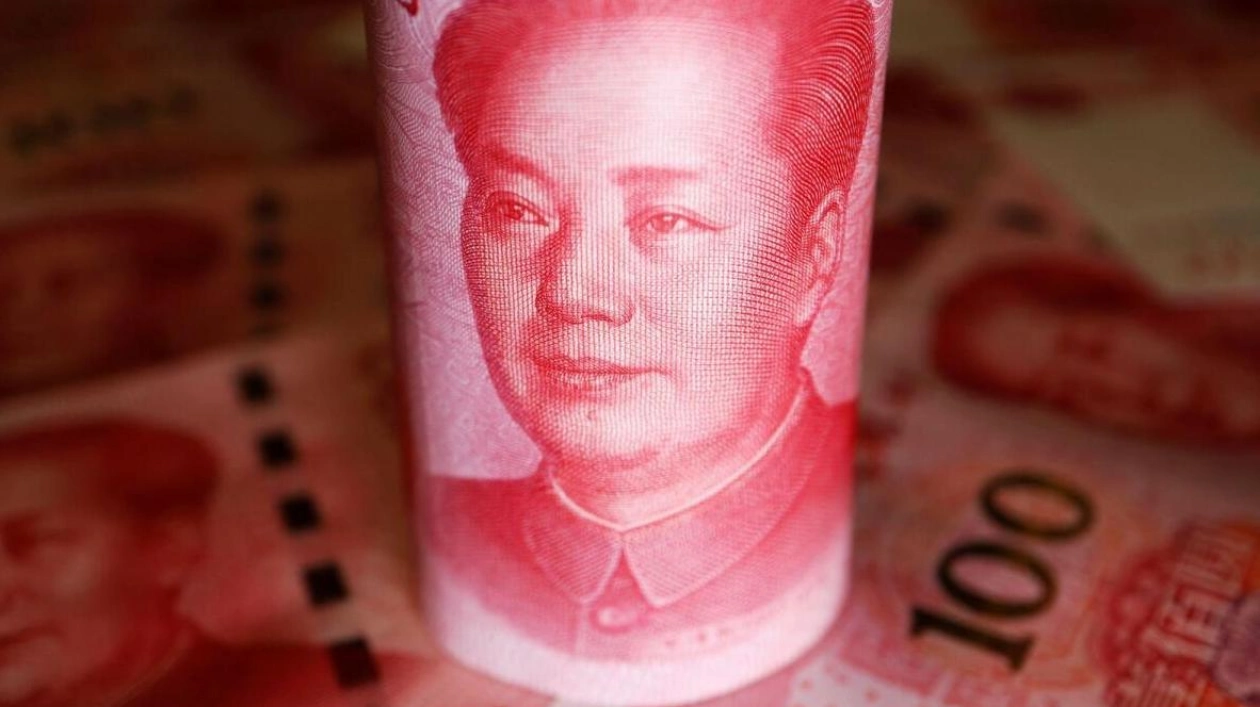After spending the entire year attempting to stabilize the falling yuan, China's central bank now faces the challenge of preventing the currency from appreciating too rapidly. The yuan, typically stable, has gained 1.3% against the dollar in August, nearly recovering all its losses from the first half of the year. By Friday, it was on track for its fifth consecutive weekly increase, marking the longest winning streak in over three years.
Despite no changes in domestic factors such as a weak economy and capital flight, the yuan has benefited from expectations of Federal Reserve interest rate cuts, which are weakening the dollar, and a surge in the Japanese yen. Chinese authorities have been working discreetly to prevent sudden spikes in the currency that could disrupt fragile domestic financial markets and harm exporters. They have assessed market pressures and subtly eased restrictions on gold imports and yuan trading positions for certain banks.
Gary Ng, a senior economist for Asia Pacific at Natixis, noted that the government is less concerned about depreciation but remains cautious about foreign exchange volatility. He added that while the pressure on the yuan might ease with potential Fed rate cuts, sudden and significant shifts in capital flows could occur.
A major concern for the People's Bank of China is the accumulation of speculative short yuan positions during the currency's steady decline since early 2023, which could unwind chaotically if the yuan rises quickly. Foreign companies, domestic exporters, and investors have been exchanging yuan for dollars to earn higher returns through the yuan carry trade. Macquarie Group analysts estimate that exporters and multinational companies have amassed over $500 billion in foreign currency holdings since 2022.
Zhu Chaoping, a global market strategist at J.P. Morgan Asset Management, highlighted potential risks from the unwinding of the yuan carry trade and market shocks. The State Administration of Foreign Exchange and the People's Bank of China did not respond immediately to requests for comment. To gauge potential pent-up demand for yuan as it appreciates, the State Administration of Foreign Exchange surveyed banks about their clients' foreign exchange conversion ratios last week.
Liu Yang, general manager of the financial market business department at Zheshang Development Group, emphasized that regulators do not want the yuan to appreciate rapidly and substantially, as it could undermine the competitiveness of export products. Additionally, restrictions on banks holding short yuan positions at the end of the trading day have been relaxed for some institutions. The central bank has also granted new gold import quotas to Chinese banks, typically reduced during yuan depreciation pressures.
These measures, described as subtle by analysts, along with the People's Bank of China's daily benchmark guidance for the yuan, aim to manage volatility rather than prevent gains. Market participants are adjusting their yuan forecasts, with BofA Securities expecting the yuan to weaken further but at a slower pace than previously anticipated.






